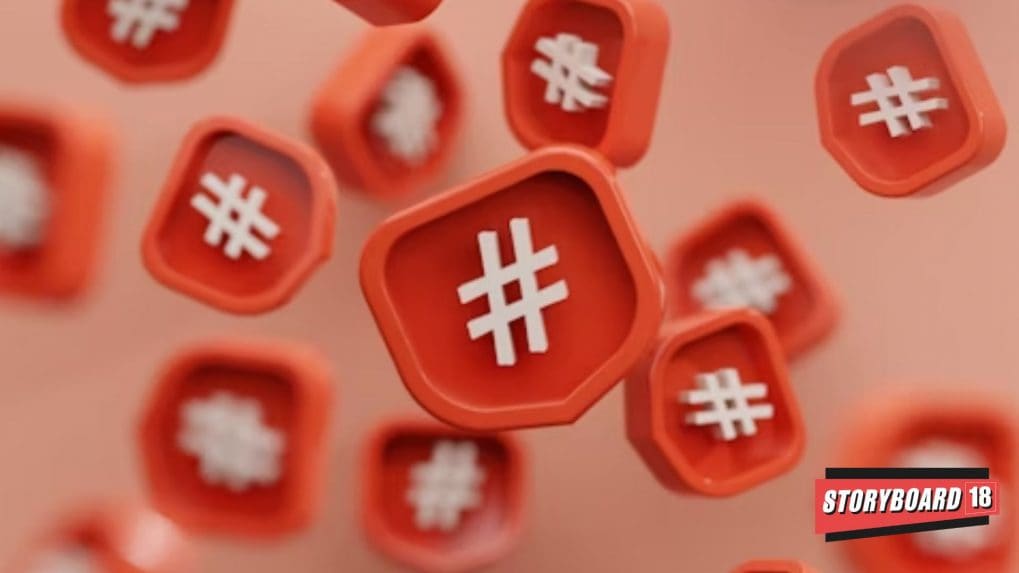How it Works
WPP, Havas, Omnicom: Are advertising’s biggest holdcos recasting agencies as AI Operating Systems?

According to the Oxford English Dictionary, a “hashtag” is a word or phrase preceded by the ‘#’ symbol, primarily used on social media to identify or categorize a post around a specific topic.
For years, hashtags helped users discover content, follow trends, and rank posts under relevant themes.
But wait — are hashtags really no longer helping with reach on Instagram?
In early 2025, Adam Mosseri made it clear: hashtags don’t drive reach on Instagram. In fact, their role in the platform’s algorithm is almost negligible.
So, the question stands — are hashtags truly irrelevant?
Genesis
The idea of tagging content dates back to 1988, when “tags” were first used on Internet Relay Chat (IRC) to group messages, images, and videos into categories. The goal was simple: help users find and connect with relevant content.
Before the internet, the ‘#’ symbol was called the “octothorpe” — or more commonly, the pound or number sign in the U.S.
Fast forward to 2007: social technology expert Chris Messina proposed using the pound sign on Twitter to group conversations. His tweet read:
“How do you feel about using # (pound) for groups. As in #barcamp [msg]?”
Two days later, blogger Stowe Boyd referred to these tags as hashtags — and the term stuck.
In October 2007, Nate Ridder, a San Diego resident, appended his posts with #sandiegofire to share updates about local wildfires. Within two years, Twitter (now X) had formally adopted hashtags, making any word preceded by ‘#’ automatically hyperlinked.
Four years later, on January 27, 2011, Instagram officially integrated hashtags into its platform.
From Discovery to Irrelevance
According to Rajiv Dingra, founder and CEO of ReBid, a full-funnel digital agency, hashtags were never the driving engine of Instagram’s algorithm — only a discovery layer.
“Today, Instagram prioritizes interest-based recommendations powered by AI over simple keyword tagging. Relevance now beats reliance on hashtags,” Dingra said.
In the early 2010s, however, hashtags were central to social media success. Campaigns were often measured by hashtag usage — from raising awareness (#IceBucketChallenge) to creating cultural moments (#ShareACoke). They offered brands a quantifiable engagement metric.
Dingra cited examples like #IceBucketChallenge for ALS awareness, #LikeAGirl by Always, and #ShareACoke by Coca-Cola — instances where hashtags served as rallying points for participation, not just as search tools.
While hashtags may no longer drive reach, they still contribute to community building, campaign tracking, and viral participation. The downside? Overuse breeds clutter, and misuse dilutes impact — reinforcing Mosseri’s viewpoint.
“For example, #LikeAGirl built empowerment communities,” Dingra said, “but hashtags like #follow4follow show the downside of spammy use.”
The AI era and the evolving role of Hashtags
Today, Instagram’s algorithm favors AI-driven recommendations and engagement signals — not hashtags. Yet, other platforms such as X (formerly Twitter) and LinkedIn continue to rely on hashtags for topic classification and content discovery.
Dingra explained that hashtags on X (trending topics), LinkedIn (categorization), and TikTok (content discovery) remain relevant across the broader ecosystem.
He noted that hashtags still serve symbolic and organizational purposes — from campaign branding to cultural participation and niche searchability.
Since hashtags no longer cater to the same algorithmic needs, Dingra suggested brands, influencers, and agencies should invest in AI-era growth levers like interest-based storytelling, Reels, collaborations, trending sounds, and community interaction.
“Authentic engagement now drives more than any hashtag,” he added.
So, will social media be devoid of Hashtags?
“Not completely,” Dingra stated.
He believes hashtags will evolve from being a reach tactic to a branding device. Future social media success, he said, will be measured by engagement, watch time, and shareability — not the number of hashtag mentions.
From purpose-driven work and narrative-rich brand films to AI-enabled ideas and creator-led collaborations, the awards reflect the full spectrum of modern creativity.
Read MoreThe Storyboard18 Awards for Creativity have unveiled a Grand Jury comprising some of India’s most influential leaders across advertising, business, policy and culture, positioning it among the country’s most prestigious creative award platforms.